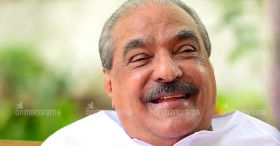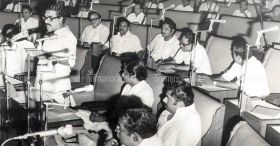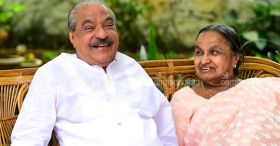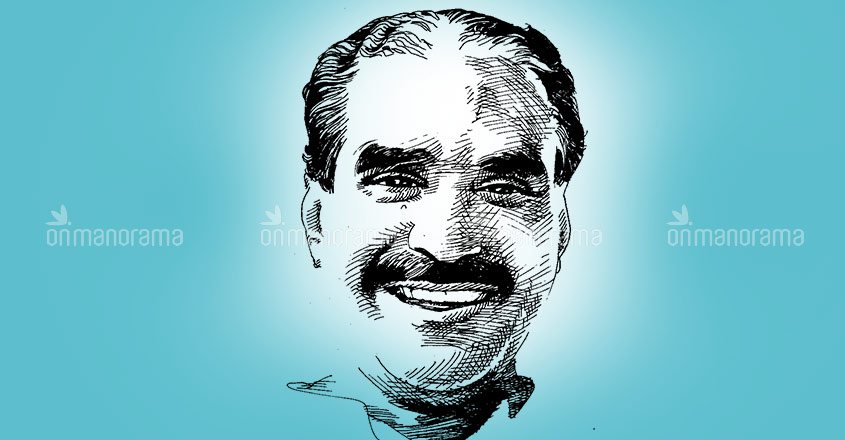
K M Mani cut his teeth in politics as a block president of the Congress. He was a member of the KPCC from 1959 until 1964 when the Kerala Congress was formed.
Mani was the chief of the District Committee of the Congress when senior leader P T Chacko's untimely death in 1964 sparked a rebellion in the party. K M George led a group of 15 legislators out of the Congress to protest what they viewed as the unjust treatment of Chacko. A new party, the Kerala Congress, was formed in Kottayam in 1964. Almost the entire district committee of the Congress became the new party's unit overnight.
Mani was the creation of Pala. Like a hardworking farmer, he cultivated the party that eventually came to bear his name. Most of the organisation stood by him through the thick and thin of partisan politics. The Kerala Congress became a crucial force in state politics.
The biggest crisis in his life, however, was reserved for the later years. He had an unceremonious exit as finance minister after bar owners accused him of taking a bribe from them. His swansong budget was presented in an atmosphere of animosity when opposition members vowed to prevent the minister. Mani's fall from grace was telecast live.
Mani's relevance lies in the fact he transformed a party that would have been otherwise limited to a few farmers in central Kerala and the eastern belts where they migrated to. Being a trusted ally of the Catholic Church, he made it a point to project a secular image for the party.
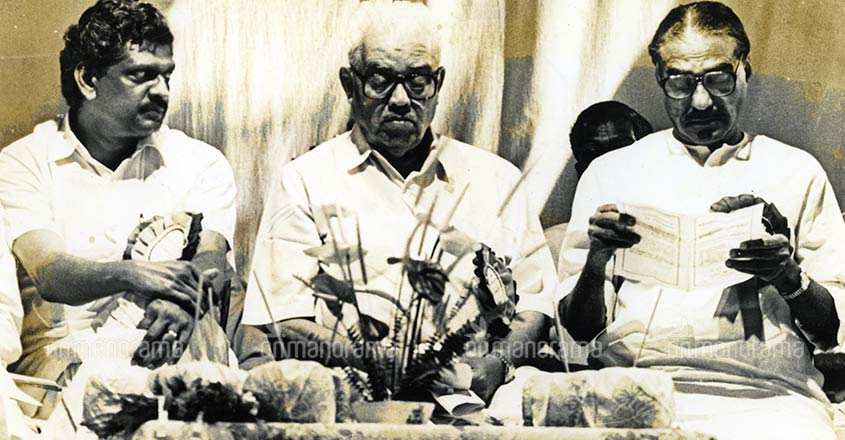
The Kerala Congress was plagued by defections and split but Mani stood tall among stalwarts like P J Joseph, R Balakrishna Pillai and T M Jacob.
Mani's parliamentary career and the Pala assembly constituency had parallel lives. He has represented the seat since its inception in 1965. The lawyer from Marangattupalli in Kerala's Kottayam district, however, could not sit in the assembly when he won his maiden poll. The hung house was never convened.
He was sworn in as a legislator in 1967 when he retained the seat. He represented the seat till his death.
As Pala developed on the back of rubber cultivation, Mani grew in stature. He provided an ideological underpinning for the party that had no appeal to a larger section. His oratory helped him stand up to great leaders such as E M S Namboodiripad. His well-researched speeches provided a template for younger members to make a mark in the assembly.
The humble origins
Mani rose to dizzying heights from a modest background. He was born in a farmers' family in the Marangattupalli village in Kerala's Kottayam district. He went to the St Thomas School at Marangattupalli, St Antony's School at Kadaplamattam, St Mary's School at Kuravilangad and St Thomas School at Pala. It was a time of political upheaval and the young student took part in agitations for responsible government.
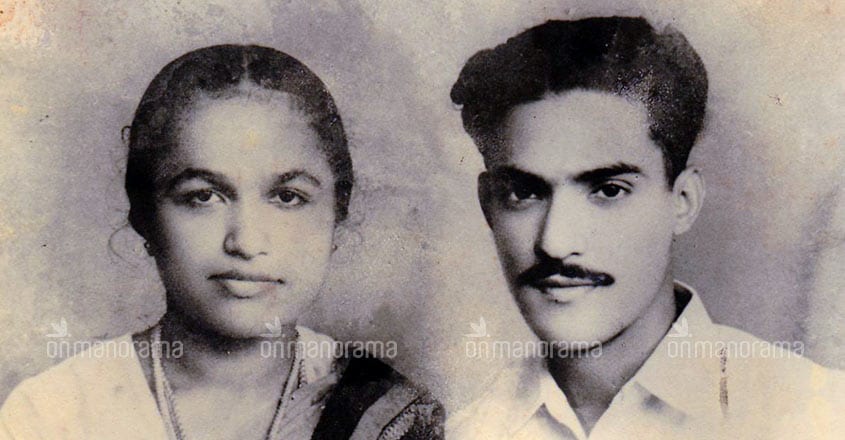
He completed his college education at the St Joseph's College in Tiruchirappally and Sacred Heart's College at Thevara in Kochi. He had made a mark as a public speaker even from his student days.
He earned a law degree from the Madras Law College in 1955. He practised as a junior to P Govinda Menon, who was later appointed as a judge of the Kerala High Court. In fact, Mani's political journey started as a campaigner for Menon when he contested to the Kozhikode municipal council. Back in Pala, he was drawn to the magnetic personality of opposition leader P T Chacko.
Mani was not without his detractors, even within the party. He managed to stay afloat in any crisis, even as his colleagues fell by the wayside. He had no hesitation in allying with those who came back with a white flag.
His decision to anoint his son, Jose K Mani, as his political heir led to the departure of senior leaders such as P C Thomas and later P C George.
Longest-serving minister
Mani first became a minister in December 1975. He was a natural choice for finance minister. He became home minister in the ministry formed after the Emergency. Involved in an election case, he stepped aside for P J Joseph for a while.
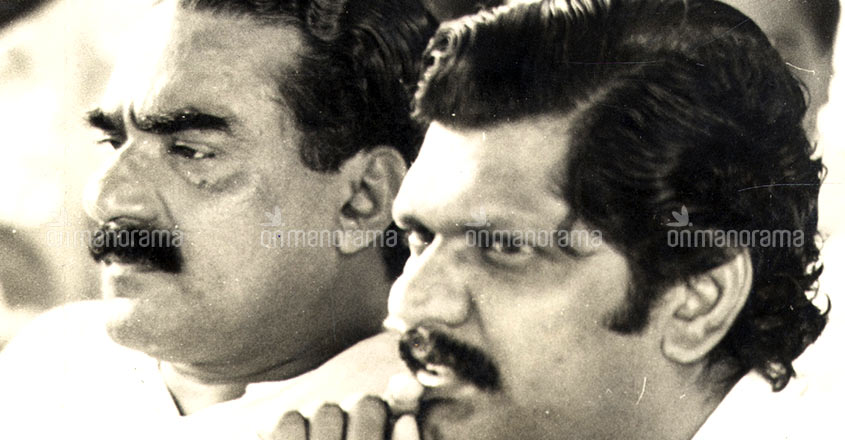
Mani has handled almost all departments in the government, including finance, revenue, home, irrigation, law, housing, electricity. As finance minister, he had presented 13 budgets. Budget for the common man was a news photograph of Mani leaving house with a black briefcase.
Mani's mentor P T Chacko was on track to become the chief minister when he was involved in a scandal. Reports suggested that Mani's fall in his last phase was a fallout of a manoeuvre to wrest the top post from bigger ally Congress.

